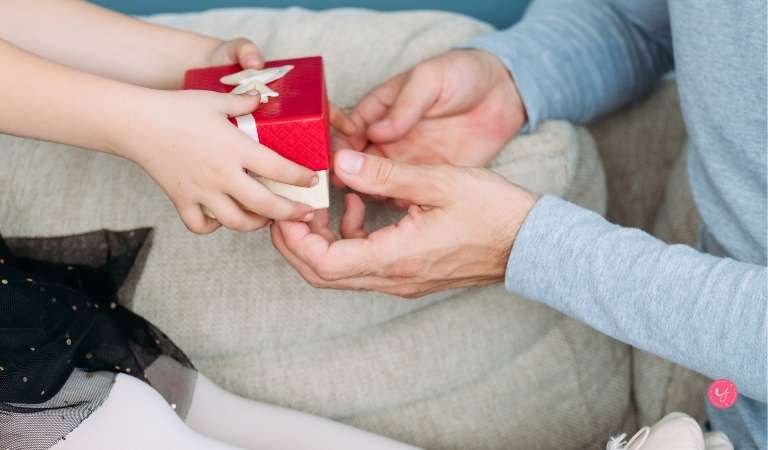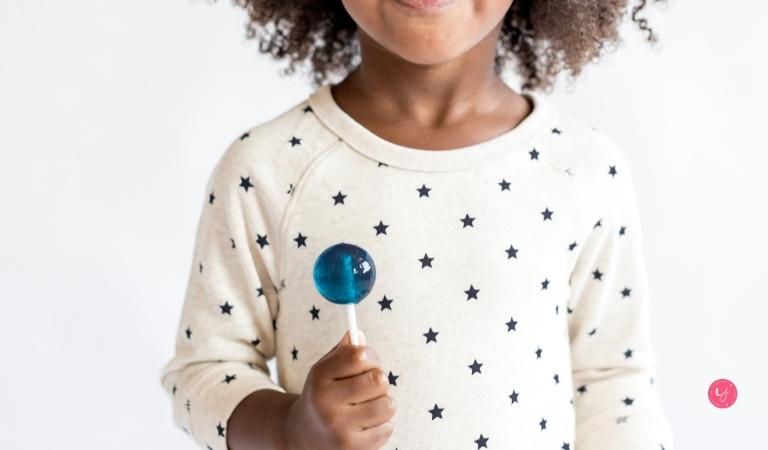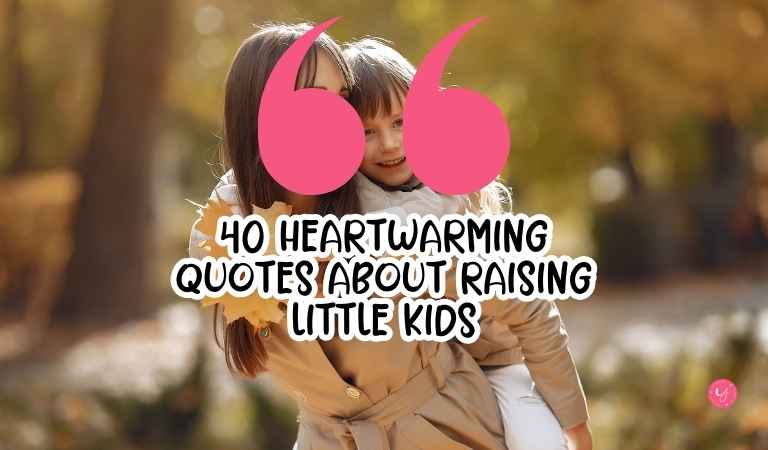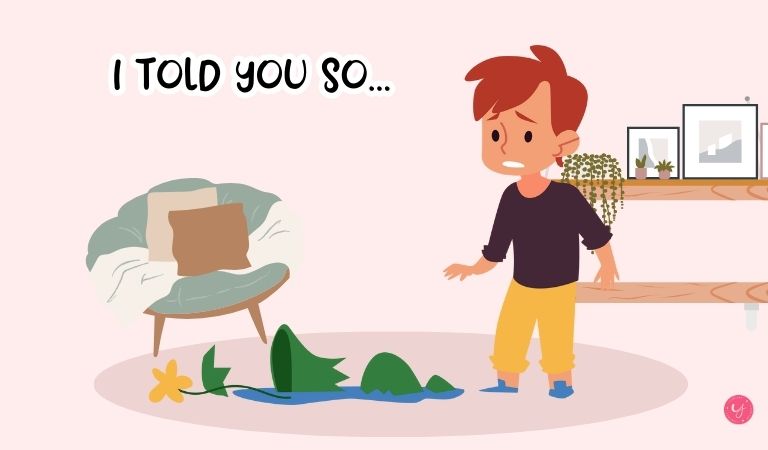5 ways to reinforce positive behavior in toddlers (Without Rewards or Stickers)

Inside: Learn 5 simple and effective ways to reinforce positive behavior in toddlers without rewards or stickers. Discover tips to build their internal motivation, foster kindness, and create a supportive environment for lasting habits!
If you’ve ever found yourself handing out stickers, high-fives, or little treats EVERY SINGLE TIME your toddler follows a rule, you’re not alone and this may not ALWAYS be the right thing to do as well.
While rewards can be effective in the short term, they often create a “what’s in it for me?” mindset.
But what if there’s a way to encourage good behavior without relying on external rewards? The key lies in building internal motivation, helping your child feel proud of themselves for doing the right thing, simply because it feels good.
In this blog post, we will be exploring five ways to reinforce positive behavior in your toddler, no rewards or stickers required.
Table of Contents
Why Rewards Aren’t Always the Best Way to Reinforce Positive Behavior?
Kids love stickers or treats. They often seem to work quickly to motivate toddlers. But, the truth is relying on rewards can create unintended challenges in the long run.
These rewards focus on external outcomes rather than building internal motivation.
Over time, children may begin to expect something in return for every positive action, thinking, “What’s in it for me?”

This approach can also lose effectiveness, requiring bigger rewards to maintain the same impact. Instead, it is better focus on encouraging intrinsic motivation by praising effort, modeling good behavior, and creating a supportive environment.
These methods help your child feel proud of their actions and foster long-term positive habits without relying on external incentives.
5 Ways to Reinforce Positive Behavior in Toddlers
1. Be Specific with Your Praise
Toddlers thrive on your attention, and the way you praise them matters.
They literally wait for your reaction to do things. Even when they simply lift a toy, they see your reaction. They start to feel proud when you laugh or smile or say some appreciative words.
In such situations, instead of a generic “Good job!” try being specific about what they did well.
You may try, “I noticed how you put your toys away all by yourself. That was very responsible.”
When they share with a sibling, say, “You gave your sister the last cookie. That was so kind of you.”
Specific praise helps your child understand exactly what behavior you’re acknowledging. It also reinforces the idea that their actions have a positive impact on others.
2. Model the Behavior You Want to See
Children are natural imitators. They learn more from watching what you do than from listening to what you say.
If you want your toddler to practice kindness, patience, or cooperation, make sure you’re modeling those behaviors yourself.
If you want them to say “please” and “thank you,” use those words consistently in your interactions with them and others.
Show patience when you’re frustrated, saying: “I’m feeling upset right now, but I’m going to take a deep breath and try again.”
When your toddler sees you behaving in the way you’d like them to behave, they’ll naturally want to copy you.
It’s one of the most effective ways to teach without words.
3. Acknowledge Their Efforts, Not Just Results
Toddlers are still learning, and sometimes their attempts won’t be perfect and that’s okay! Focus on their effort rather than the outcome.
If they try to fold their clothes but end up with a crumpled pile, say, “You worked so hard to fold these clothes. I’m so proud of you for trying.”
When they try to build a tall tower but it topples, say: “I saw how carefully you stacked those blocks. You’re doing a great job figuring it out!”
Praising effort teaches your child that trying is just as important as succeeding. It encourages them to keep practicing, even when things don’t go perfectly.

4. Create a Positive Environment
Your toddler is more likely to behave well when they feel secure, understood, and connected to you. Set up an environment that minimizes frustration and promotes cooperation.
One thing you can do is to use positive language. Instead of saying, “Don’t touch that!” try: “Let’s keep our hands to ourselves to stay safe.”
You can make sure to offer choices within limits. It can be, “Would you like to wear the red shirt or the blue one?” This gives them a sense of control and reduces power struggles.
One more idea is to establish routines. Predictable routines help toddlers feel secure and understand what’s expected of them.
A positive, supportive environment reduces the likelihood of challenging behaviors and helps your toddler feel confident in their ability to succeed.
5. Teach Through Natural Consequences
Rather than punishing or scolding, let natural consequences teach your child about their actions. It can be tough, yes, but this approach helps them connect their behavior to real-world outcomes.
You do not have to do this with bigger impactful things, it can start with simple things like:
- If they throw their toy, calmly explain: “When we throw toys, they might break. Let’s pick it up and put it somewhere safe.”
- If they refuse to wear their jacket, say: “You might feel cold without it, but we can bring it along just in case.”
Natural consequences give toddlers the chance to learn from their actions in a way that feels logical and non-punitive.
It also shows them that you trust them to make decisions and learn from the outcomes.
Summary
You don’t have to rely solely on rewards or stickers to reinforce positive behavior in toddlers. While it’s not necessary to avoid rewards entirely or feel you’re doing something wrong if you use them, the focus should be on trying these five strategies to build internal motivation and foster a genuine sense of pride in their actions.
Believe and accept toddlers are still learning, and mistakes are part of the process. Your patience, encouragement, and consistency will go a long way in shaping their behavior and helping them grow into kind, confident individuals.




